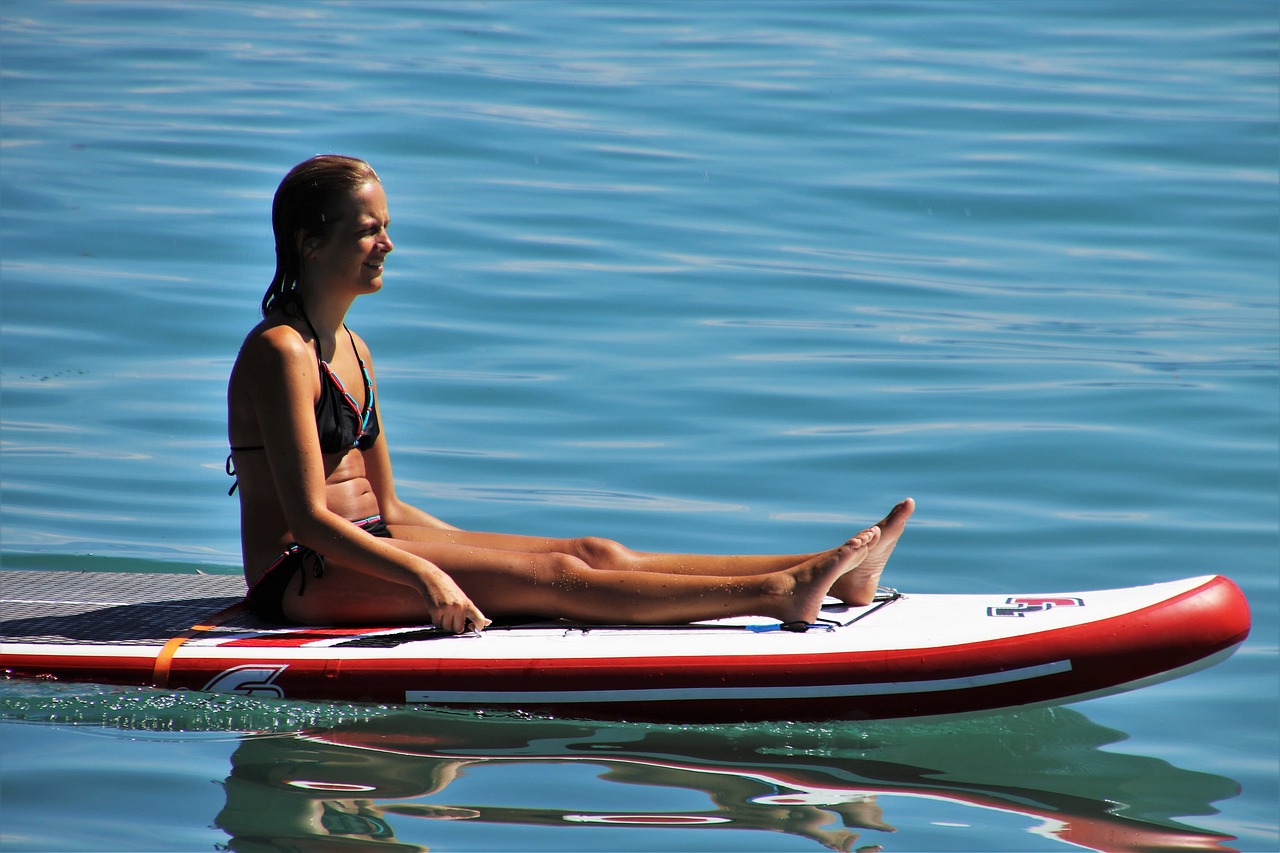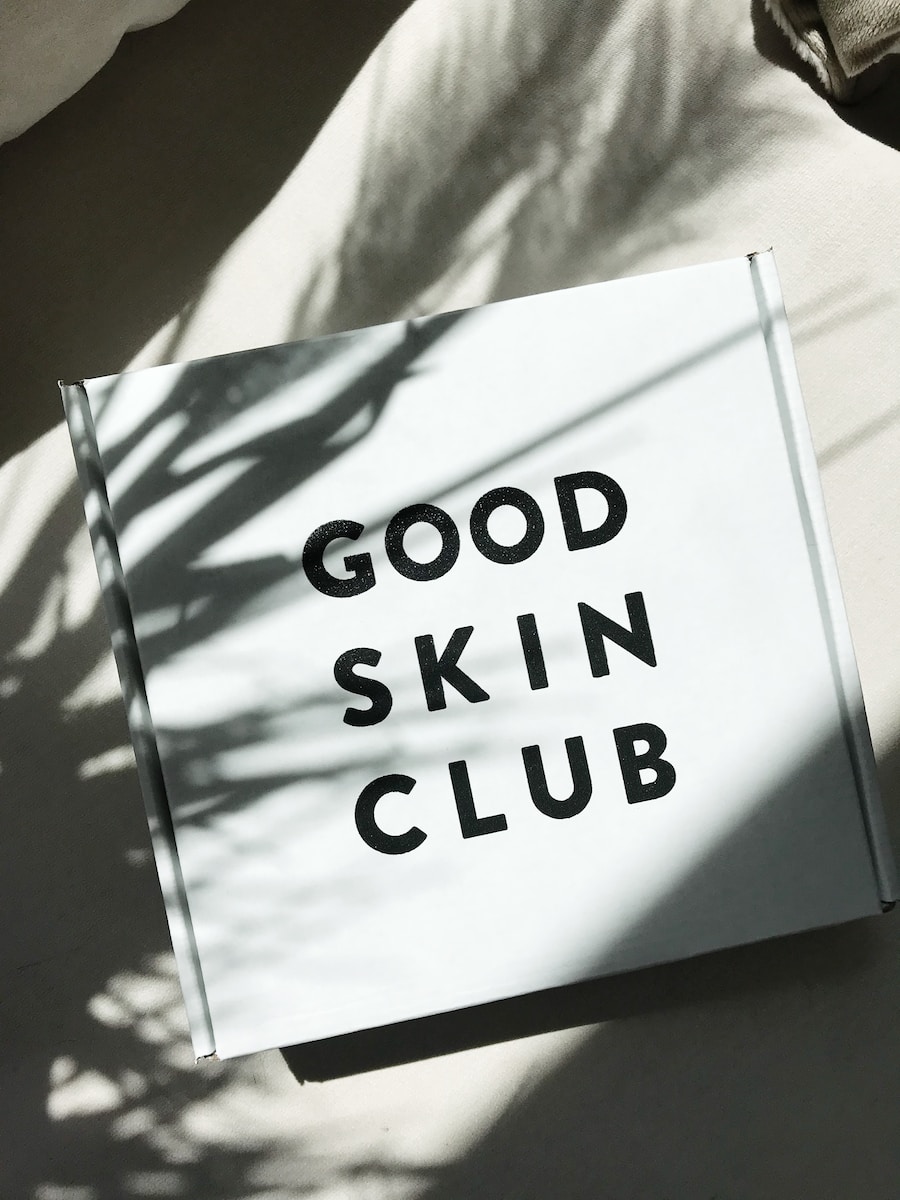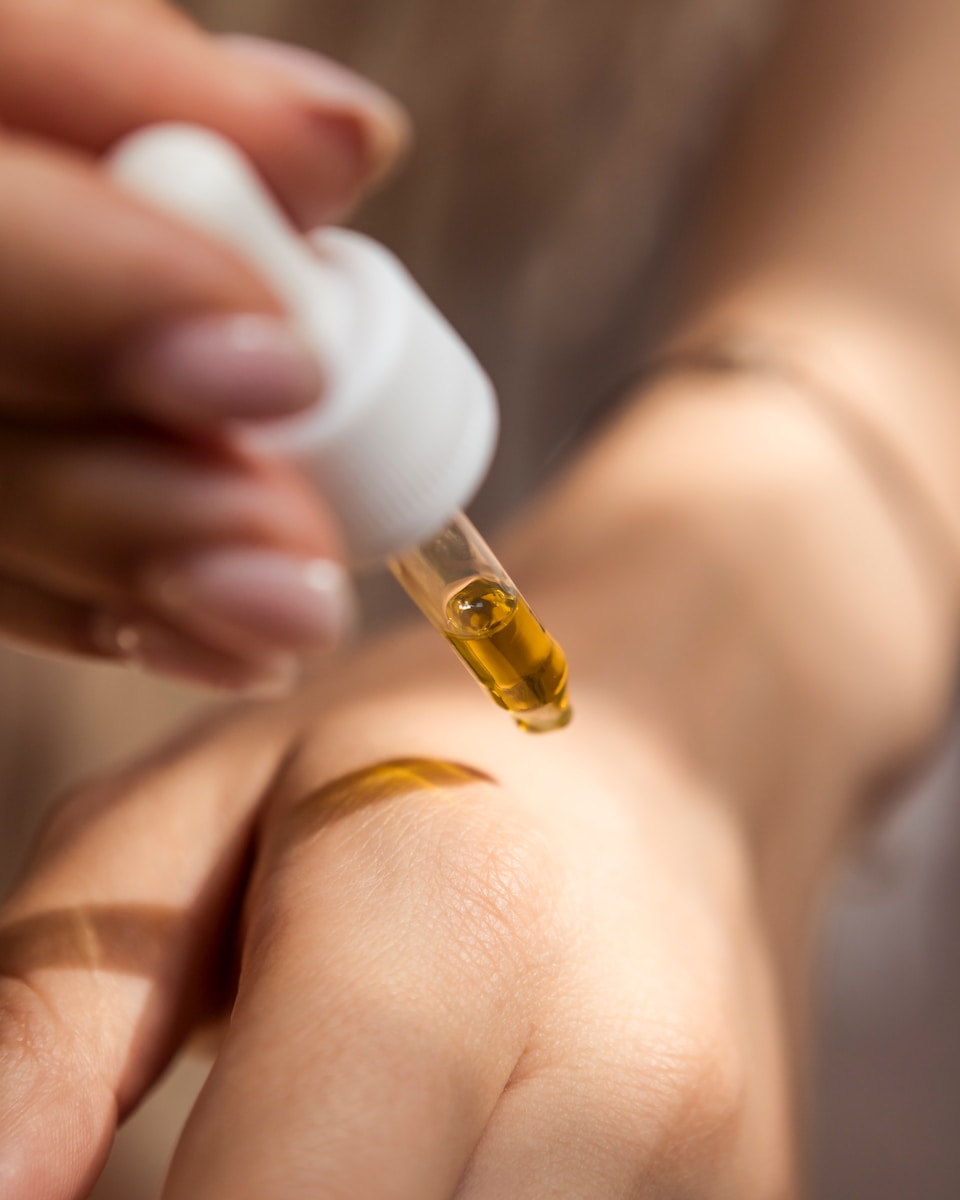
The Top 5 Clean Sunscreens: EWG Recommended
Our picks for the top 5 clean sunscreens: Choosing the best “clean” sunscreen can be daunting these days. I must admit I am a Sunscreen obsessed person. I wear sunscreen 365 days a year rain or shine.
I haven’t always been this way. In my teens, I would lay out on the beach all day with baby oil. I grew up thinking tanning made me look better and unfortunately wasn’t educated on the damage that sunburns and the accumulation of everyday sun exposure can do to the health of our skin.
In my very early twenties, my Grandfather died from melanoma. It was then that I also began to notice the skin damage and the brown spots on my face. I wasn’t happy with the health of my skin. I have been using sunscreen daily ever since.

With summer in full swing, it’s time to prioritize sun protection and keep our skin safe from harmful UV rays. Unprotected sun exposure can lead to skin damage, premature aging, and even more severe consequences like skin cancer.
These sunscreens are approved by the Environmental Working Group (EWG), ensuring they meet strict safety and environmental standards.
When it comes to choosing the best sunscreen, it’s essential to find one that you’ll apply generously and frequently.
Our Picks for The Top 5 Clean Sunscreens
Reef Safe Sunscreen SPF 50 All Natural, Water Resistant, Moisturizing, Biodegradable, Broad Spectrum UVA/UVB Ocean Friendly Mineral Sunblock
Elta MD UV Daily Face Sunscreen with Zinc Oxide, SPF 40 Facial Sunscreen

Thrive Natural Mineral Face Sunscreen SPF 30 – Lightweight Moisturizer Broad-Spectrum Natural Face Sunblock with Clear Zinc Oxide & Antioxidants – Vegan Made in USA

All Good Facial Mineral Sunscreen Lotion SPF 30 | Daily Moisturizer, Nourishing Botanicals, Hyaluronic Acid, Green Tea, Aloe

Block Island Organics – Natural Face Moisturizer SPF 30 with Clear Zinc – Broad Spectrum UVA UVB Protection – Daily Anti-Aging Sunscreen

Here are some key factors to consider when selecting a sunscreen:
SPF 30+: The American Academy of Dermatology recommends using sunscreens with an SPF of 30 or higher for effective protection. Broad spectrum: Look for a sunscreen that offers protection against both UVA and UVB radiation.
Water resistance: Opt for water-resistant sunscreens, even if you don’t plan on sweating or swimming, as they have better staying power on the skin.
Price per ounce: To ensure adequate protection, you need to apply sunscreen generously and reapply it regularly, so considering the price per ounce can be helpful.
The Importance of Skin Protection: Protecting your skin from the sun is crucial to skin aging for several reasons:

Skin Cancer Prevention: Extended exposure to the sun’s harmful UV rays increases the risk of developing skin cancer, including the most dangerous type, melanoma. Using sunscreen acts as a protective barrier, shielding your skin from these harmful rays.
Premature Aging: Sun exposure accelerates the aging process, resulting in wrinkles, fine lines, and age spots. By protecting your skin, you can maintain a youthful appearance and delay the signs of aging.
Sunburn Prevention: We’ve all experienced the discomfort of a sunburn, which occurs when the skin is damaged by excessive UV radiation. Sunburns not only cause pain and redness but also increase the risk of developing skin cancer later in life.
Sun Protection: The Best Defense Against Premature Aging: Sun protection is the most effective way to combat premature skin aging. Here’s why: UV Rays and Collagen Breakdown: UV radiation damages collagen, a protein responsible for maintaining skin elasticity.
Over time, this breakdown leads to sagging skin, fine lines, and wrinkles. By wearing sunscreen daily, you protect your skin from these harmful rays, preserving its youthful appearance.
Protection Against Free Radicals: Sun exposure generates free radicals, unstable molecules that damage healthy skin cells and accelerate aging. Sunscreens enriched with antioxidants neutralize these free radicals, providing an additional layer of protection against premature aging.
Consistent Sun Protection: Unlike other skincare routines or treatments, sun protection is a daily necessity. UV rays can penetrate clouds and glass, making it essential to incorporate sunscreen into your everyday routine for long-term skin health.
What does SPF mean and how to choose which SPF is right for you:

SPF stands for Sun Protection Factor, and it measures a sunscreen’s ability to protect your skin from the sun’s UVB rays. The SPF number indicates the level of protection the sunscreen offers against sunburn.
Here’s how SPF works and the difference between SPF 30 and SPF 50:
SPF 30: A sunscreen with SPF 30 provides high protection against UVB rays. This means that if you apply the sunscreen properly, it will take 30 times longer for your skin to start getting sunburned compared to not wearing any sunscreen at all. In other words, SPF 30 blocks approximately 97% of the UVB rays.
SPF 50: Sunscreens with SPF 50 offer even greater protection by blocking approximately 98% of the sun’s UVB rays.
They provide a higher level of defense against sunburn compared to SPF 30. However, it is essential to note that there is no sunscreen that offers 100% protection.
It’s important to remember that SPF primarily indicates protection against UVB rays, which are responsible for sunburns. However, both UVA and UVB rays contribute to skin aging and the risk of skin cancer.
Therefore, it is recommended to choose a broad-spectrum sunscreen, which protects against both UVA and UVB rays, regardless of the SPF number. While SPF 50 provides slightly more protection than SPF 30, the difference is not as significant as it may seem.
It’s crucial to apply sunscreen properly, reapply it regularly, and use other sun protection measures such as seeking shade, wearing protective clothing, and using hats and sunglasses. Regardless of the SPF level, diligent and consistent sun protection practices are key to safeguarding your skin from the harmful effects of the sun.
All the listed sunscreens have been approved by the Environmental Working Group (EWG), which means they meet rigorous safety and environmental standards. The EWG provides an additional layer of assurance when choosing any skincare product.
Remember to consider your amount of exposure, skin sensitivities, and skin type when choosing a sunscreen. It’s also important to reapply sunscreen every two hours, or more frequently if swimming or sweating. Additionally, incorporating other sun protection measures such as seeking shade, wearing protective clothing, and using hats and sunglasses can further enhance your skin’s protection from the sun’s harmful rays.
Sources and Research:
“The efficacy and safety of sunscreen use for the prevention of skin cancer”
“The Science of Sunscreen” Harvard Health
“Is Sunscreen Safe” American Academy of Dermatology
Related Articles:




